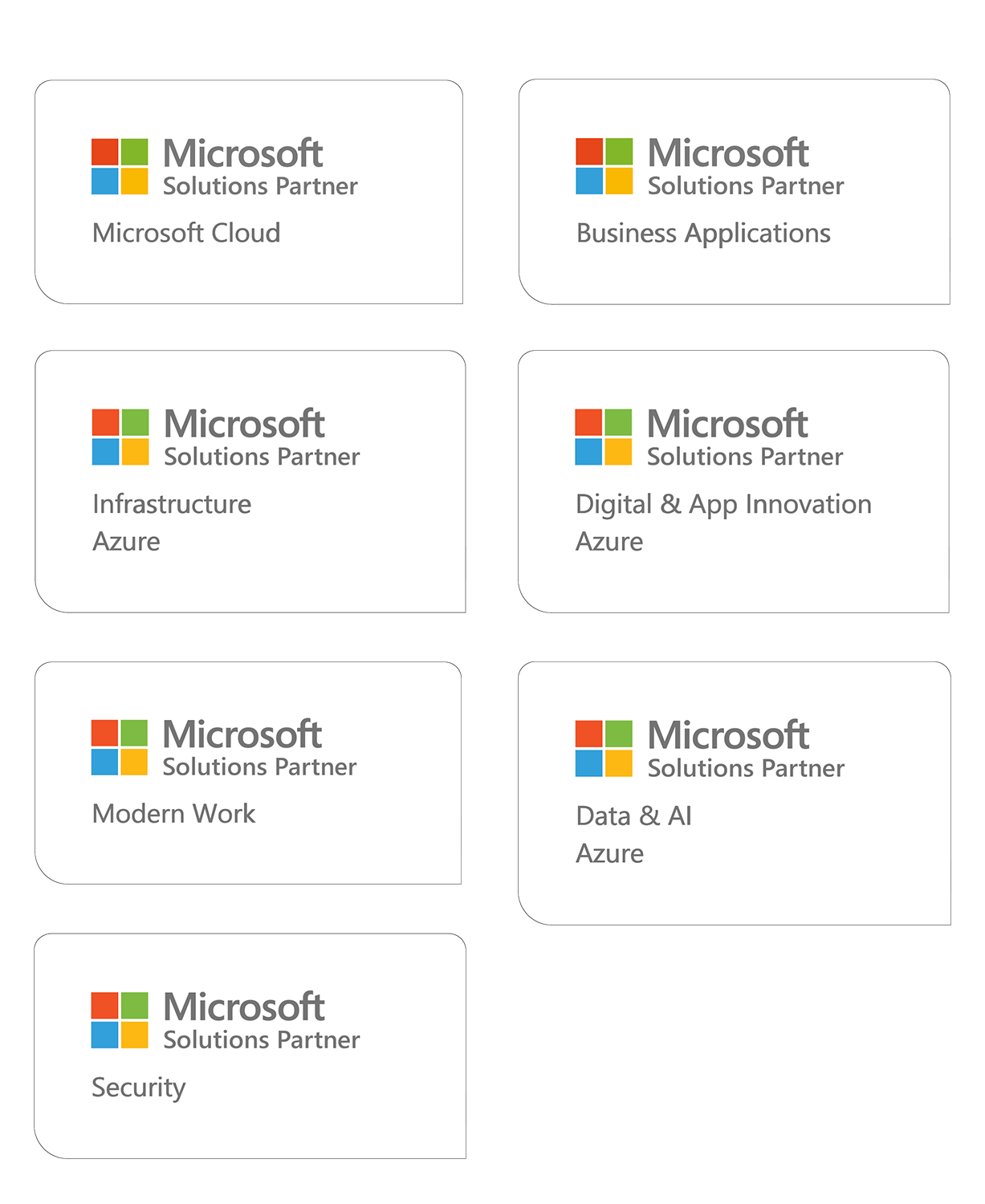How can you use Microsoft Dynamics 365 CRM for sustainability?
Right now, many companies are reviewing their environmental and sustainability reporting. At Innofactor Solutions, where we specialize in Microsoft Dynamics 365, we find it particularly interesting to explore how this tool can be used for accounting for environmental and sustainability-related requirements while optimizing business operations.
Below are some key areas where Microsoft Dynamics 365 can serve as a tool, provided that relevant data is integrated and imported, of course. Although the examples focus on manufacturing, the applications extend to other industries as well.
Sustainability reporting
Microsoft Dynamics 365 streamlines the collection and reporting of environmental data, helping companies comply with the Corporate Sustainability Reporting Directive (CSRD) and the EU taxonomy for sustainable activities. It includes tracking carbon emissions, energy consumption, and waste management.
Resource management
By leveraging insights into energy consumption, water use, and raw material efficiency, companies can optimize resource utilization. The platform also aids in meeting Best Available Technique (BAT) standards, reducing environmental impact.
Supply chain transparency
Microsoft Dynamics 365 improves supply chain transparency by tracking the origin and environmental impact of raw materials. This is crucial for compliance with the Corporate Sustainability Due Diligence Directive (CSDDD), which requires companies to identify and mitigate adverse sustainability impacts within their supply chains.
Leverage AI and Data Analytics
Predictive analytics
AI-powered predictive analytics can anticipate compliance risks and suggest corrective actions. A proactive approach that helps maintain continuous compliance with changing regulations.
Real-time monitoring
IoT integration with Microsoft Dynamics 365 enables real-time monitoring of environmental conditions, facilitating immediate response to any deviations from compliance standards.
Automated reporting
Automated reporting features can generate compliance reports, reducing the administrative burden and ensuring that necessary documentation is submitted in a timely manner.
By integrating these capabilities, Microsoft Dynamics 365 enables manufacturing and other industries to not only meet evolving European sustainability standards but also enhance operational efficiency and environmental responsibility.



